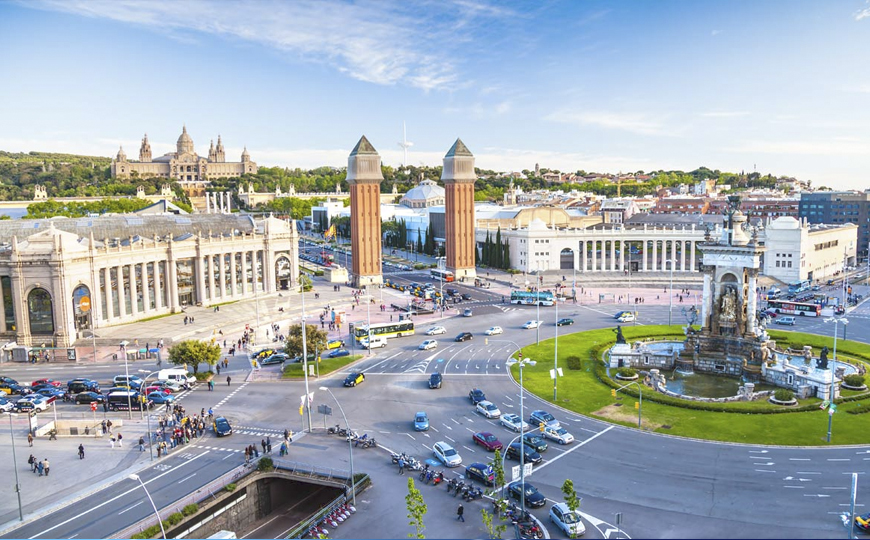On Sunday, March 25th 2018 the Spanish judiciary informed the government of Germany that Carles Puigdemont, the leader of the Catalonian separatist movement, was about to enter German territory by automobile on a trip from Finland, Sweden and Denmark. An arrest warrant calling for his extrdition back to Spain was then delivered by special courier and served on Puigdemont by German police as Puigdemont crossed the border into Germany. He was delivered to the state prison of Schleswig – Holstein in the city of Neumünster, setting in motion a legal controversy that is now gravely affecting the bilateral relations between Germany and Spain. When the German authorities inspected the spanish request for extradition they discovered that it was based on two accusations: Rebellion and Misapplication of Public Funds. Well, the prosecutors in Madrid evidently did not remember the principle of dual criminality in Private International Law which requires that any accusation of criminal act must be a crime in both countries and here we have the situation that under German law there is no such offense as “Rebellion”. The only thing that comes close under the laws of Germany would be High Treason – Hochverrat - under the German Criminal Code (StGB Section 80) but that requires that the treasonous act be accompanied by violence committed by the accused. That clearly was not the case here and the German court denied Puigdemont’s extradition on the accusation of “Rebellion”. By ruling in that manner, the court has now created a huge problem for Spain based on another element of Private International Law: the Speciality Principle! It prohibits the state which has requested the extradition from prosecuting the accused for anything other tan the remaining elements the in the extradition request – in this case, Puigdemont cannot be prosecuted on the count of “Rebellion” but can only be prosecuted on the count of misapplication of public funds, which carries a máximum sentence of 3 years rather than 35 years which would have been the máximum sentence for Rebellion.
As things now stand, under German law, Spain has until July 26th to present – by a preponderance of the evidence – documentation that would prove the accusation of “Misapplication of Public Funds” As the German Minister of Justice, Katarina Barley, sarcasticly put it: Given the track-record of the Spanish justice system, it should be nearly imposible for them to present sufficient documentary proof to support that final remaining justificaton for extradition- All of that now means that Puigdemont – who currently is free on bail in Berlin – should be a totally free man by July 26th!
German judicial authorities simply do not want to extradite Puigdemont now because they still have poignant memories of a tragedy in 1940: The German Secret Police operating in occupied France arrested the separatist Catalonian Ex President in exile, Luis Companis, and extradited him to Spain – where he was promptly murdered by Spanish authorities in his cell in Madrid’s Central Prison. In other words, this will be the case of Puigdemont or it will be the beginning of a new separatist process of Catalonia?
By: Dr. Juan Carlos Botello y Dr. Werner G.C. Voigt (Independent External Contributor)




